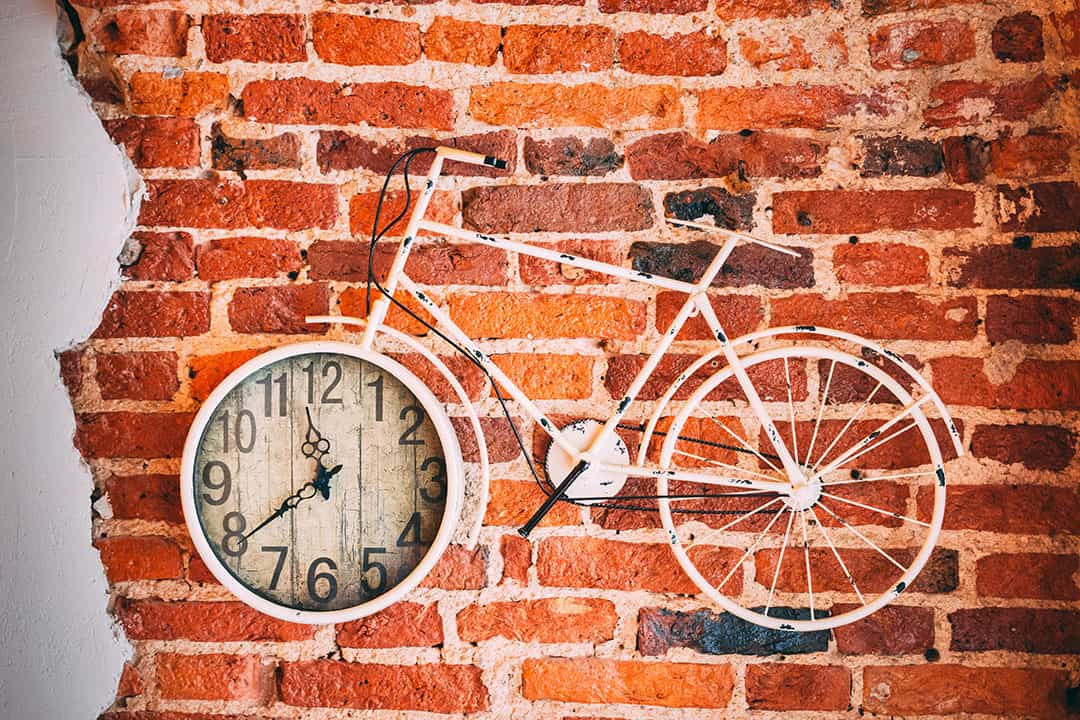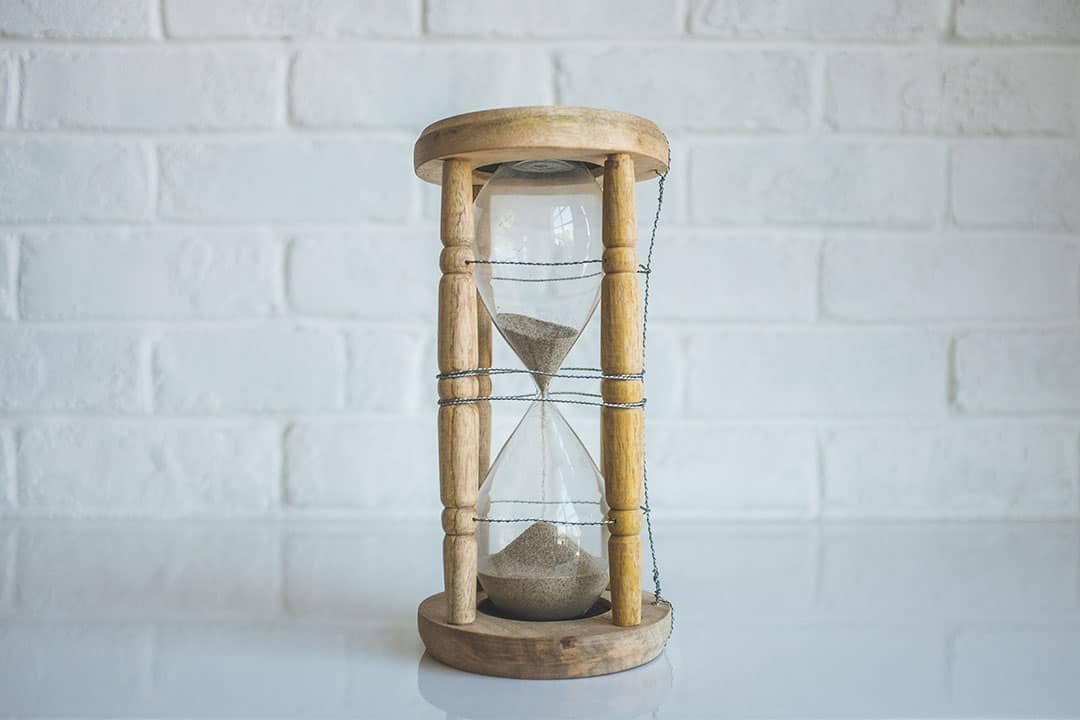If we had to, could we be able to sufficiently define sleep? Do we know how far into our life the effects of sleep reaches? What is Sleep, really?
Sleep. The second most important feature of our existence. Also, the second most human ability taken for granted. Do we know what it is, really?
Well, the Oxford dictionary defines sleep as ‘a condition of body and mind which typically recurs for several hours every night, in which the nervous system is inactive, the eyes closed, the postural muscles relaxed, and consciousness practically suspended.’ As detailed as this definition is, it still does not fully capture just how crucial sleep is to our wellbeing. The fact that nearly every breathing living thing, stop their activity at some point during the day and lay down in disconnection from their surrounding speaks more about the importance of sleep.
Biologically, we all have an internal biological clock that regulates our 24-hour sleep-wake cycle, also known as our circadian rhythm. Light is the primary cue that controls our circadian rhythm. At night, in the absence of light, our brain triggers the release of melatonin, a hormone that makes us sleepy. When the sun comes up in the morning, the brain tells the body that it’s time to wake up. When our circadian rhythm is disrupted or thrown off, or when we force ourselves to stay awake or sleep for longer than is healthy, then we may feel groggy, disoriented, and sleepy at inconvenient times (Corliss, 2017). The healthy amount of time to be asleep differs based on age, but for adults it’s generally between 7-9 hours (National Heart, Lung and Blood Institute, n.d.).

Once we balance our circadian rhythm, we have to consider what kind of sleep we are experiencing every night. There are two different types of sleep: Rapid Eye Movement (REM) sleep and non-REM sleep. REM sleep is when we dream and non-REM sleep is when we are peacefully sleeping, also known as slow wave sleep. The distinct quality that sets them apart is their effect on the body. Slow wave sleep is rejuvenating and revitalising to the body and mind as it is a constructive time of healing and growing. This is when the system rebuilds after a tiring day with the use of complex proteins and sugars that we take in during the day, to make growth hormones, heal and restructure the brain and body cells, and boost the immune system. Therefore, when we are ill or have had a very hectic day, our body needs this sleep to recuperate as it is easier for the body to heal during this time than when we are awake.
REM sleep, on the other hand, uses huge amounts of energy that is stored in our brain while we dream and ends up making us feel even more physically and psychologically spent when we wake up. For this reason, it is vital for us to try to clear our minds of all worries, stresses and distractions before we go to bed to ensure that we have a restful sleep rather than an exhaustive or disturbed one. Even Islam emphasizes that sleep was created as a means for us as a repose:
“And He it is Who makes the night a covering for you, and sleep as a rest, and makes the day a Nushur (i.e. getting up and going about here and there for daily work, etc. after one’s sleep at night or like resurrection after one’s death).”
Qur’an 25:47
If we are unable to balance our circadian rhythm or obtain the healthy amount of sleep at night then we can develop sleep problems, such sleep deprivation, insomnia, sleep apnoea (sleep-related breathing disorders) and disturbed sleep. Someone who is sleep-deprived can exhibit signs of weakness, poor memory and emotional responses, frequent accidents and injuries, slower speech and a deteriorating ability to be creative, organised or multi-task. If this sleep deprivation persists long term, then it can even cause frequent hallucinations, fatigue and paranoia (Peters, 2018) – and yes, we can have 5 more minutes in the morning, but it would not make an iota of difference in the grand scheme of things. Our other articles for this month will explore the relationship between sleep and mental health more fully so stay tuned.

If all this information is not enough to reason to get the required kind and amount of sleep as well as knowing what sleep even is, then here are 7 convincing points standing up for sleep (Leech, 2018):
- Good sleep helps regulate our mood, so we feel less tired, irritated, impatient and emotional
- It enables us to maintain our weight and metabolism where lack of sleep does not give our body enough time to process and repurpose certain sugars and carbohydrates
- Sleep helps the brain learn and memorise information and actions (memory consolidation), which can be super convenient when studying for exams
- It also keeps our cardiovascular health in check, as serious sleep disorders have been linked to high blood pressure, heart disease and stroke
- Healthy sleep is known to enhance the speed and accuracy of athletic and physical performance, which in-turn benefits one’s mental wellbeing and reflexes
- It keeps our mental health taken care of, since poor sleeping patterns are highly correlated to depression
- Good sleep makes sure your body does not develop inflammation problems, that can cause cell damage and inflammatory diseases like in the gastrointestinal tract

We owe it to ourselves to appreciate our gift of sleep, like everything else in our lives. Islam has even compared sleep to death, to allow us to reflect that just as we should live our life responsibly as genuine, humble and good human beings, we should also sleep responsibly.
“And He it is Who takes your souls at night (in sleep), and He knows what you commit in the day, then He raises you up so that an appointed term (for you) may be accomplished, then unto Him is your return, then He will inform you of what you were doing.”
Qur’an 6:60
Did you know all of this about sleep and how so very important it is?




